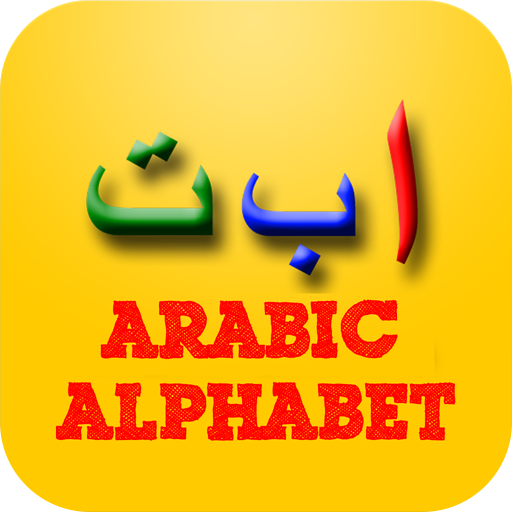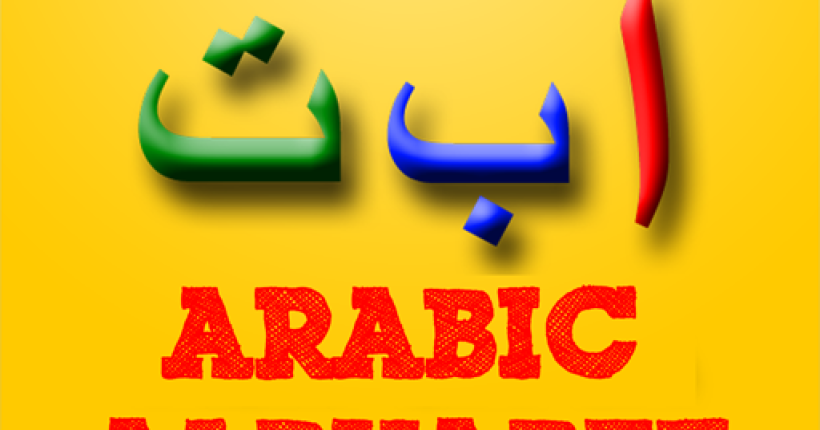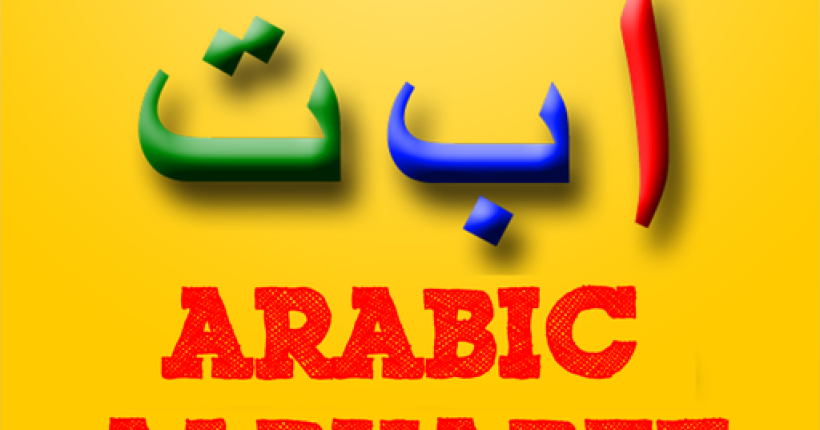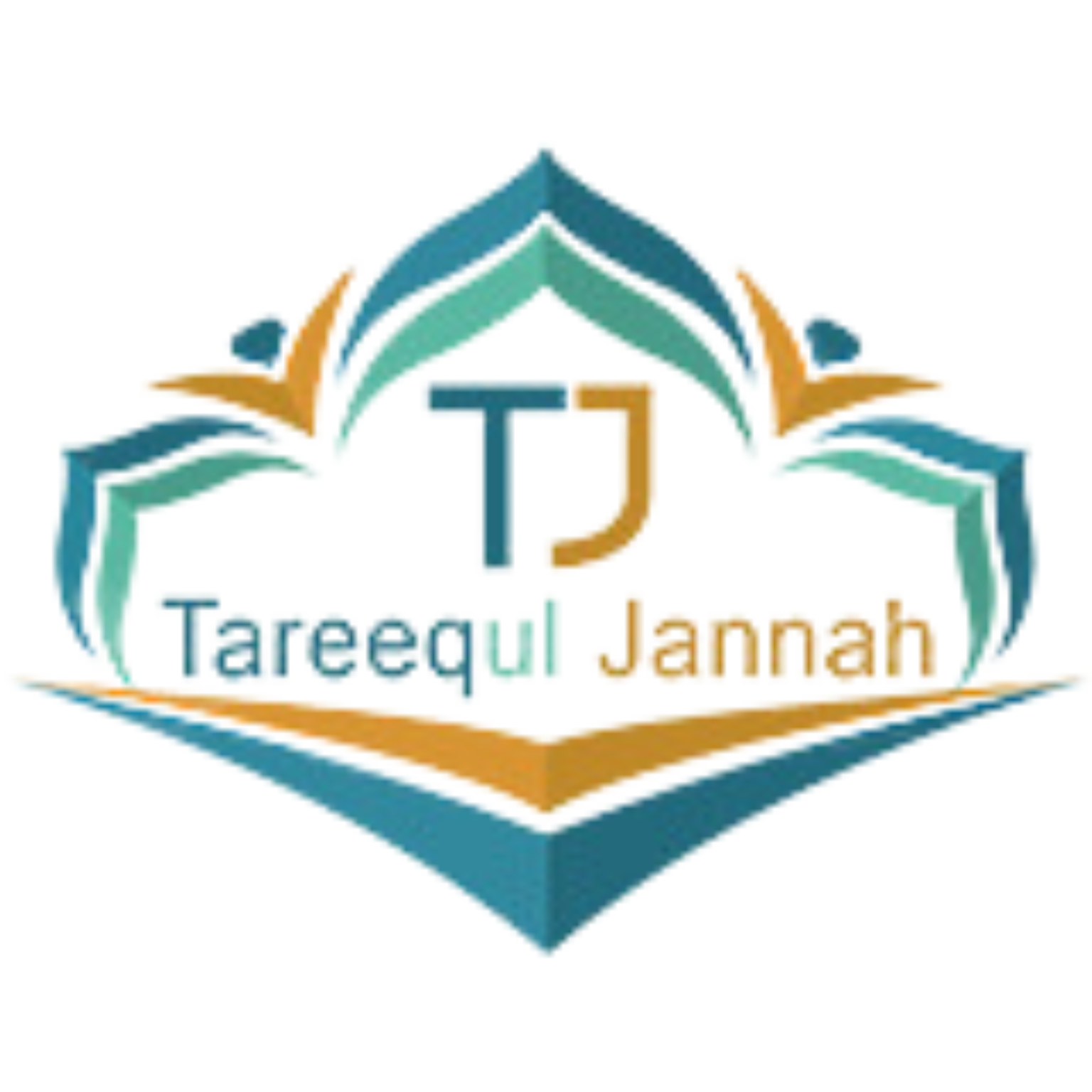Learning Arabic vocabulary for beginners and having the right Arabic vocabulary can impact your confidence When learning a new language, it can feel intimidating at first, but have no worries, we will make it simple and fun for you.
Why Start with Essential Vocabulary?
Rather than starting with grammar and breaking long conversations into manageable sections, starting with the most important Arabic vocabulary for beginners to build your word bank first is the best approach.
Here are some reasons why targeting important Arabic words is the best way to get started:
1. Develops your foundation for communication.
When you focus on Arabic vocabulary for beginners, you immediately can begin communicating with Arabic speakers. You can express basic needs, thoughts, across basic needs, and even feelings right away.
By knowing just 100-200 words, you can initiate simple conversations, ask questions, and understand everyday Arabic.
2. Keeps You Experiencing Quick Wins
Early wins can keep you engaged and motivated. You will soon be able to greet people, count, describe things and ask for directions, just by learning some Arabic vocabulary for beginners over the next couple of weeks. These quick wins are especially important for new learners wanting to stay encouraged.
3. It Is Easier To Memorize Than Grammar
Let’s face it, you will not learn a language deeply fast, such as learning the grammatical structure of a language like Arabic, but Arabic vocabulary for beginners is easier to learn because it is tangible and relatable to your life.
You are learning words of things you already see, touch, and do on a daily basis, making it easier to remember them.
4. You Will Better Understand Native Speakers Sooner
The more words you learn, the more Arabic you will understand, even if you are not fluent yet. Getting a foundation of practical Arabic vocabulary for beginners will allow you to recognize some key words when listening to your friend conversations, TV shows or podcasts and create gaps in your listening comprehension.
5. Opens the Door to Real-Life Use
Learning Arabic vocabulary for beginners gives you the confidence to start using the language in real-world situations, like shopping, ordering food, or greeting someone politely. These simple interactions are often the first step toward fluency.
6. Sets the Stage for Learning Arabic Naturally
Once you have a solid vocabulary base, picking up Arabic grammar, sentence structure, and pronunciation becomes much easier. Arabic vocabulary for beginners acts like puzzle pieces, you start putting them together naturally as your understanding grows.
Tips for Learning Arabic Vocabulary for Beginners
Mastering Arabic vocabulary for beginners doesn’t have to be overwhelming. With the right techniques and mindset, you can build a strong vocabulary base that sticks. Below are practical and beginner-friendly tips to help you absorb new words efficiently and confidently.
1. Group Arabic vocabulary for beginners by Theme
Instead of memorizing random words, organize your Arabic vocabulary for beginners into categories like food, greetings, numbers, and colors. This helps your brain create mental associations, making it easier to remember and use the words in real-life situations.
2. Listen and Repeat for Better Pronunciation
Arabic pronunciation can be tricky, so listening is key. Use audio resources, YouTube videos, or Arabic language apps to hear native speakers. Then repeat each word aloud. Repeating Arabic vocabulary for beginners with correct pronunciation builds speaking confidence and helps you sound more natural.
3. Use Flashcards and Spaced Repetition
Flashcards are a proven way to memorize new vocabulary. Use tools like Anki or Quizlet that apply spaced repetition, a technique that shows you words just before you’re likely to forget them. It’s a powerful way to retain Arabic vocabulary for beginners over the long term.
4. Apply in Context for better Arabic vocabulary for beginners learning
Rather than just memorizing terms, apply them by writing simple sentences using your newly acquired Arabic vocabulary for beginners. For instance, instead of only learning the word, “book” (كتاب), try, “I have a book” (عندي كتاب). This way you are understanding how words can fit into normal speech.
5. Label Everything In Your House
Make your surroundings part of your language experience by applying them. Stick sticky notes on everyday items, such as the door, fridge, table, or mirror, along with the corresponding Arabic names. Identifying your Arabic vocabulary for beginners every day each time you see the note is a fun and natural way to reinforce the learning.
6. Learn With Other People
Find an Arabic study group or language exchange online. By practicing Arabic vocabulary for beginners with others, you will have an opportunity to use the words in a conversation and listen to how other people pronounce them or apply them themselves.
7. Keep Up the Daily Practice Consistently
Consistency is more important than intensity. You can get a lot done, just 10–15 minutes a day is enough time to build and sustain your Arabic vocabulary for beginners.
Setting small, easy targets will help. For example, aim to learn at least five new words in your Arabic vocabulary a day. When you reach a target, reward yourself!
100+ Must-Know Arabic Words for Beginners
Now that you understand why vocabulary matters and how to learn it effectively, it’s time to dive into the essential Arabic vocabulary for beginners. We’ve grouped over 100 must-know Arabic words into categories to make learning easier and more enjoyable.
Each word is presented with its English meaning and transliteration to help you pronounce it correctly, even if you’re just starting out.
A. Arabic vocabulary for beginners: Greetings & Common Phrases
Start conversations with confidence using these polite and essential Arabic vocabulary for beginners and expressions.
| English | Arabic | Transliteration |
| Hello | مرحباً | marḥaban |
| Peace be upon you | السلام عليكم | as-salāmu ʿalaykum |
| Goodbye | وداعاً | wadaaʿan |
| How are you? | كيف حالك؟ | kayfa ḥāluka/ḥāluki |
| I’m fine | أنا بخير | anā bikhayr |
| Thank you | شكراً | shukran |
| Please | من فضلك | min faḍlik/faḍluka |
| Yes | نعم | naʿam |
| No | لا | lā |
| Excuse me | عفواً | ʿafwan |
| Sorry | آسف | āsif |
| My name is… | اسمي… | ismī… |
| Nice to meet you | تشرفت بلقائك | tasharraftu biliqā’ik |
| What’s your name? | ما اسمك؟ | mā ismuk? |
| I don’t understand | لا أفهم | lā afham |
B. Numbers 1–20
Master counting early for the best Arabic vocabulary for beginners use, it comes in handy for time, shopping, and daily life.
| Number | Arabic | Transliteration |
| 1 | واحد | wāḥid |
| 2 | اثنان | ithnān |
| 3 | ثلاثة | thalātha |
| 4 | أربعة | arbaʿa |
| 5 | خمسة | khamsa |
| 6 | ستة | sitta |
| 7 | سبعة | sabʿa |
| 8 | ثمانية | thamāniya |
| 9 | تسعة | tisʿa |
| 10 | عشرة | ʿashara |
C. Arabic vocabulary for beginners: Days of the Week & Time Words
| English | Arabic | Transliteration |
| Monday | الإثنين | al-ithnayn |
| Tuesday | الثلاثاء | ath-thulāthā’ |
| Wednesday | الأربعاء | al-arbiʿā’ |
| Thursday | الخميس | al-khamīs |
| Friday | الجمعة | al-jumʿa |
| Saturday | السبت | as-sabt |
| Sunday | الأحد | al-aḥad |
| Today | اليوم | al-yawm |
| Tomorrow | غداً | ghadan |
| Yesterday | أمس | ams |
D. Family & People
The top Arabic vocabulary for beginners:
| English | Arabic | Transliteration |
| Mother | أم | umm |
| Father | أب | ab |
| Brother | أخ | akh |
| Sister | أخت | ukht |
| Son | ابن | ibn |
| Daughter | ابنة | ibna |
| Friend | صديق | ṣadīq |
| Man | رجل | rajul |
| Woman | امرأة | imra’a |
| Child | طفل | ṭifl |
E. Common Verbs
These action words help you describe what you’re doing or want to do, making them essential Arabic vocabulary for beginners in everyday conversations.
| English | Arabic | Transliteration |
| To go | يذهب | yadhhab |
| To come | يأتي | ya’tī |
| To eat | يأكل | ya’kul |
| To drink | يشرب | yashrab |
| To read | يقرأ | yaqra’ |
| To write | يكتب | yaktub |
| To see | يرى | yarā |
| To speak | يتكلم | yatakallam |
| To know | يعرف | yaʿrif |
| To live | يعيش | yaʿīsh |
F. Everyday Objects
This Arabic vocabulary for beginners list includes words you’re likely to use at home or in your daily routine, great for labeling items as a learning technique.
| English | Arabic | Transliteration |
| House | بيت | bayt |
| Car | سيارة | sayyāra |
| Phone | هاتف | hātif |
| Book | كتاب | kitāb |
| Chair | كرسي | kursī |
| Table | طاولة | ṭāwila |
| Door | باب | bāb |
| Key | مفتاح | miftāḥ |
| Bag | حقيبة | ḥaqība |
| Window | نافذة | nāfidha |
G. Food & Drink
Whether you’re dining out or shopping for groceries, these Arabic vocabulary for beginners are essential for beginners.
| English | Arabic | Transliteration |
| Water | ماء | mā’ |
| Bread | خبز | khubz |
| Tea | شاي | shāy |
| Coffee | قهوة | qahwa |
| Rice | أرز | aruzz |
| Meat | لحم | laḥm |
| Fish | سمك | samak |
| Apple | تفاح | tuffāḥ |
| Milk | حليب | ḥalīb |
| Juice | عصير | ʿaṣīr |
H. Places
Learning place names as part of your Arabic vocabulary for beginners helps you navigate cities, ask for directions, and understand basic travel conversations.
| English | Arabic | Transliteration |
| Home | المنزل | al-manzil |
| School | مدرسة | madrasa |
| Mosque | مسجد | masjid |
| Market | سوق | sūq |
| Hospital | مستشفى | mustashfā |
| Restaurant | مطعم | maṭʿam |
| Street | شارع | shāriʿ |
| Shop | متجر | matjar |
| Park | حديقة | ḥadīqa |
| Airport | مطار | maṭār |
I. Arabic vocabulary for beginners: Colors
These descriptive words are fun to learn and help you speak about objects, clothes, and preferences.
| English | Arabic | Transliteration |
| Red | أحمر | aḥmar |
| Blue | أزرق | azraq |
| Green | أخضر | akhḍar |
| Yellow | أصفر | aṣfar |
| White | أبيض | abyaḍ |
| Black | أسود | aswad |
| Brown | بني | bunniyy |
| Pink | وردي | wardī |
| Orange | برتقالي | burtuqālī |
| Purple | بنفسجي | banafsajī |
J. Common Adjectives
The following Arabic vocabulary for beginners helps you describe things, people, and situations, an important step in forming meaningful sentences.
| English | Arabic | Transliteration |
| Big | كبير | kabīr |
| Small | صغير | ṣaghīr |
| Beautiful | جميل | jamīl |
| Easy | سهل | sahl |
| Difficult | صعب | ṣaʿb |
| Hot | حار | ḥār |
| Cold | بارد | bārid |
| Expensive | غالي | ghālī |
| Cheap | رخيص | rakhīṣ |
| Fast | سريع | sarīʿ |
How to Practice This Vocabulary Effectively
Knowing over 100 words is a great start, but continuing this path to truly keep your Arabic vocabulary for beginners is going to take consistent and engaged practice.
The key will be to shift from simply memorizing the words and start to work them into your daily routines. Here are great ways to master and remember everything you learned.
1. Use Spaced Repetition Flashcards
Spaced repetition is among the best techniques for memorizing vocabulary. There are flashcard apps like Anki or Quizlet which let you review your Arabic vocabulary for beginners at exact intervals, when you’re just about to forget a word, to make it part of your long-term memory.
2. Speak Out Loud Each Day
Do not be shy or embarrassed to speak to yourself in Arabic! Read the lists of vocabulary or the example phrases out loud. Speaking your Arabic vocabulary for beginners each day will increase your pronunciation, fluency and comfort, even if it’s just you practicing.
3. Label Items in Your Home
Label everything in your house and transform your home into a small Arabic class: الباب (door), الكرسي (chair), الكتاب (book). This will help you connect your Arabic vocabulary for beginners in a visual way without adding more studying time.
4. Write Basic Sentences
Cave in to creating your own phrases from words you have learned, like:
أنا أحب الشاي (I love tea)
عندي سيارة (I have a car)
Writing helps you recall of your Arabic vocabulary for beginners in context before you need to remember it.
5. Practice with a Partner or Tutor
You can join online language exchanges, take an introductory course, or converse with a tutor. Hearing and using your Arabic vocabulary for beginners while speaking is the quickest way to translate passive vocabulary into active fluency.
Are you ready to start your Arabic journey?
If you want to speak Arabic fluently, read Islamic texts effectively, or just learn a new language, Tareequl Jannah has an Arabic course online that is perfect for non-Arabs to reach their goals. With flexible schedules, qualified instructors, and an awesome learning environment, you can start learning today!



